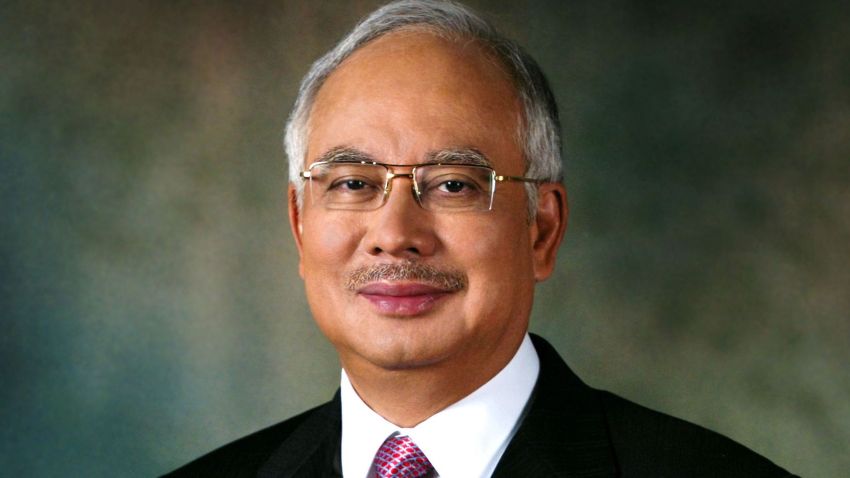Malaysian Prime Minister Najib Razak
visited the Gaza Strip on Tuesday, marking the first time a leader of the majority-Muslim Southeast Asian nation has visited the Palestinian enclave controlled by Hamas.
While Najib said his visit was a humanitarian mission intended to “express deep concern” over “what is happening to the Palestinian people in Gaza,” Mahmoud Abbas, president of the Palestinian Authority and leader of Hamas’ rival Fatah,
said the visit would worsen divisions between the two Palestinian factions. Two experts who spoke with Trend Lines pointed to Malaysian domestic politics in the run-up to general elections that Najib must call within the next several months as the true reason for the trip.
Bridget Welsh, an associate professor of political science at Singapore Management University, said that although Malaysia has long identified with Palestine and its leaders, “this visit is primarily a political ploy aimed at winning Malay Muslim support in what is expected to be a close election.”
Joseph Liow, associate dean of the School of International Studies at Nanyang Technological University in Singapore, said, “There is a lot of awareness and sympathy among Malaysian Muslims for the plight of the Palestinians, and Malaysia has always been a vocal champion of the Palestinian cause.”
But Welsh cautioned against overestimating the impact of Najib’s visit on legitimizing Hamas or spurring broader international recognition for Palestine as a whole. She said the visit is instead part of a pattern of Najib “trying to seek international legitimacy for a [Malaysian] regime that is being challenged at home.”
Both experts explained that Najib is looking to secure the support of Muslim voters, particularly after corruption scandals that have hurt his image.
“Islam and moral issues play prominent roles in political life, and Palestine is a deeply emotive issue that cuts across Malaysia,” Welsh said.
Malaysian voters do not fully appreciate the tensions between Hamas and Fatah, Welsh said. But she emphasized that the way Najib had alienated Fatah by visiting Gaza was an indication of “how little attention was placed on diplomacy and nuance,” as well as an illustration of “how Palestine is used symbolically with limited attention to its actual reality.”
Liow explained that Najib’s ruling United Malays National Organization party “has for the last four decades been very cognizant of having to demonstrate its religious credentials and credibility to the Malay-Muslim electorate.”
But he said he doubted that Najib’s Gaza visit would have a decisive impact on the election.
Beyond Palestine, Malaysia has strong financial and cultural ties elsewhere in the Middle East.
“Malaysia has varied interests in the Middle East aside from the obvious politics,” Liow said, noting the long tradition of Malay-Muslim students studying in the region, as well as increasing economic and trade ties between the Middle East and the Southeast Asian country.
“Malaysia also relies heavily on investments,” he continued, “so it is very much at the forefront of attempts to bring the two regions together."

